
Transcription
arcadiaego: Thanks for your comments! I agree with you in part. Not only with what you mentioned but even the way the use of words change over time becomes an obstacle to understanding. I'm not a literal fundamentalist. Sometimes the words they chose to express a train of thought or to explain a difficult concept may be different than the choice of words we'd choose today. And sometimes we can get different meanings out of a single explanation. Even Peter remarked in one of his epistles that some things Paul says are difficult to understand and that people sometimes twist them for their own advantage.
It takes a while to understand the actual underlying meanings behind the words sometimes, and sometimes it doesn't square with a textbook Webster's dictionary definition of what a word id supposed to mean...ie, the word "heart" is rarely, if ever, used to refer to the biological organ- but usually to to Aristotle's "Soul" or the "sub-conscious" of modern psychologists.
I'm pretty sure that all the recent translations, especially in English, weren't translated from a language that was translated from a language that was translated from the Original Greek. Most all of them were translated fresh from the Greek. Maybe the Doey-Rheims is the exception- Greek to Latin to English. But its not too commonly used.
I don't know if "discarded" would be the word I would use. Athanasius 1st cited the 27 books of the New Testament Cannon sometime in the early 4th century. But there are a ton of early Church writings that Christians still study today- Athanasius' writings included. Writings from Saints and Doctors and the Bishops of Rome to various regional Bishops, etc...
Athanasius' understanding of the Gospel message was fundamentally the same as Augustine's in the 400's, as Aquina's in the 1200's, as Loyola's in the 1500's...maybe more DEVELOPED, but not in opposition or contradictory. There's continuity.
As for the "discarded" elements- they usually were never held by the Church that produced the Bible. They were usually held by minor regional sects that were not universal and in time faded into oblivion. Most were never widely accepted by the Church at large.
Athanasius refers to himself several times as a "Catholic Christian", as does Augustine, Loyola, etc... so I guess you could say those "discarded" trains of thought were never held by the Catholic "universal" Church. Most never stood the test of time either, which has to say something as Christ said that he would build His Church upon this Rock...and the gates of ell would not prevail against it. Guess the Gates of Hell prevailed against the sects holding the discarded elements, as they don't exist.
Tell you what I need space to answer the Homosexuality issue, I'll write a new blog just on that... Take care... w/r, Chris
Other posts by this author
|
2018 feb 12
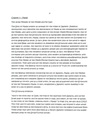
|
2017 dec 21
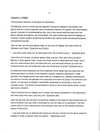
|
2017 nov 28
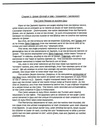
|
2017 sep 2
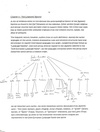
|
2017 aug 20
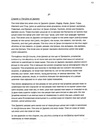
|
2017 jul 23
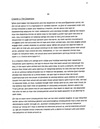
|
More... |
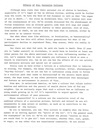
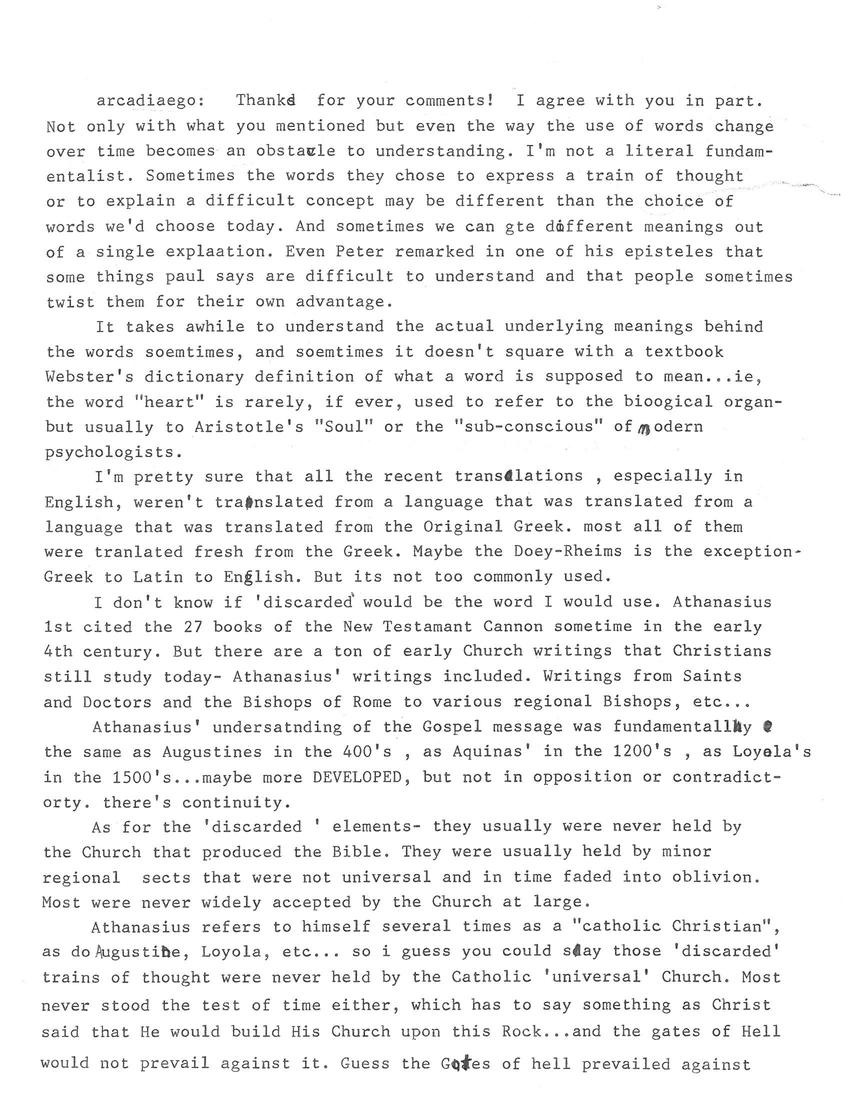


Replies (2)
This was actually my first transcription on Between the Bars, so I haven't read your original post, but your knowledge of the history and theology of your religion is really quite astounding.